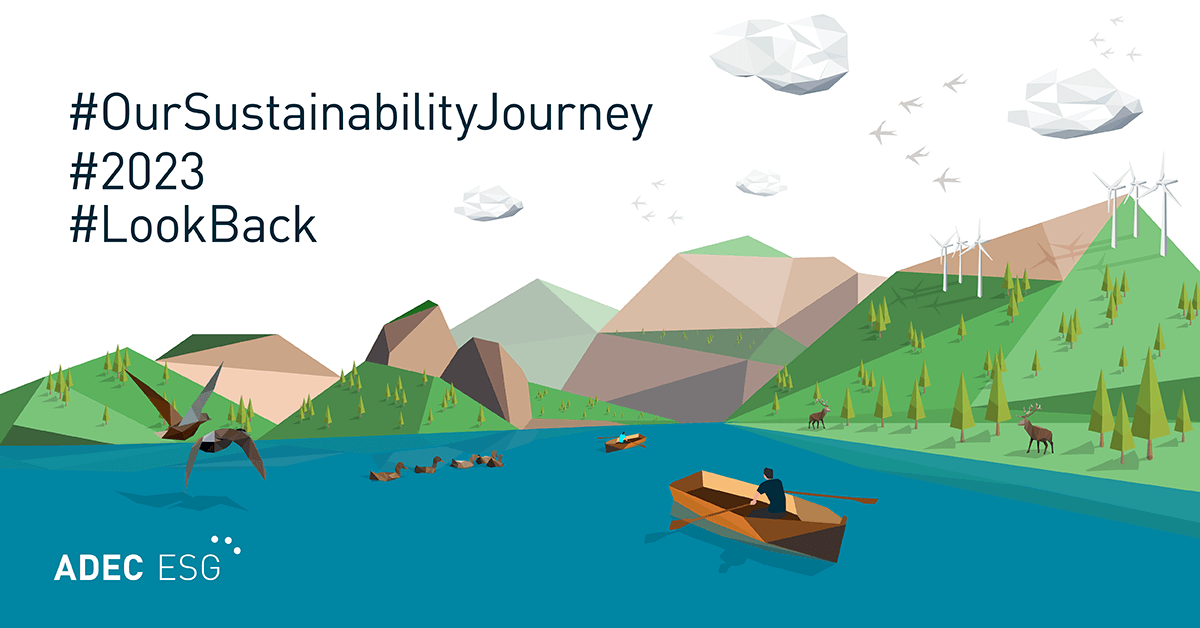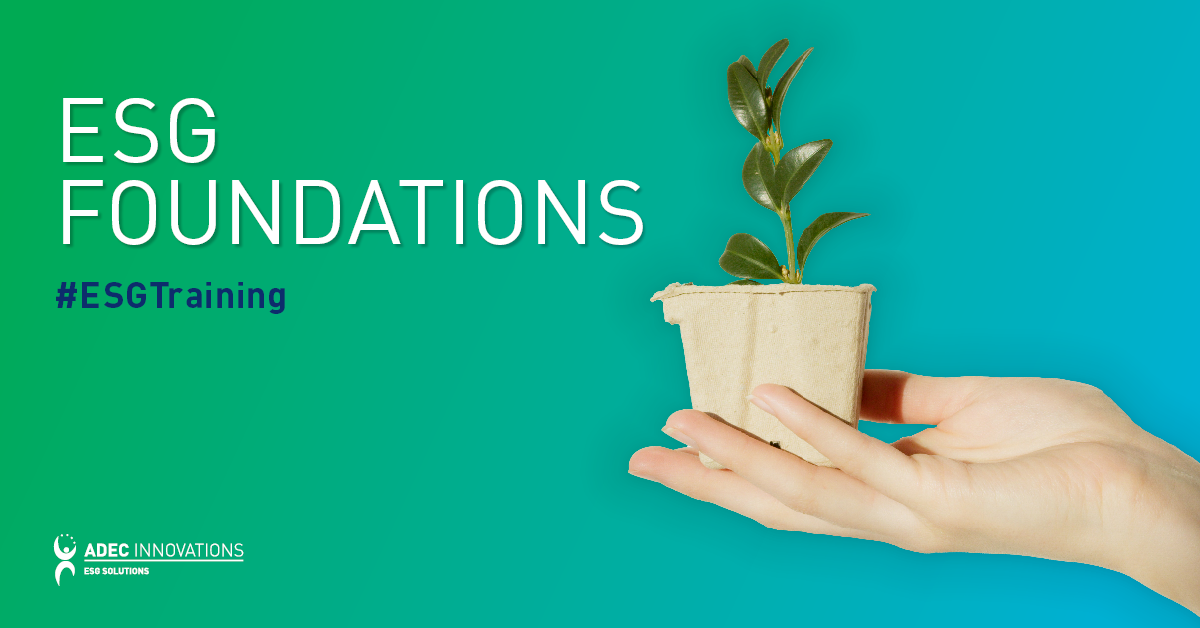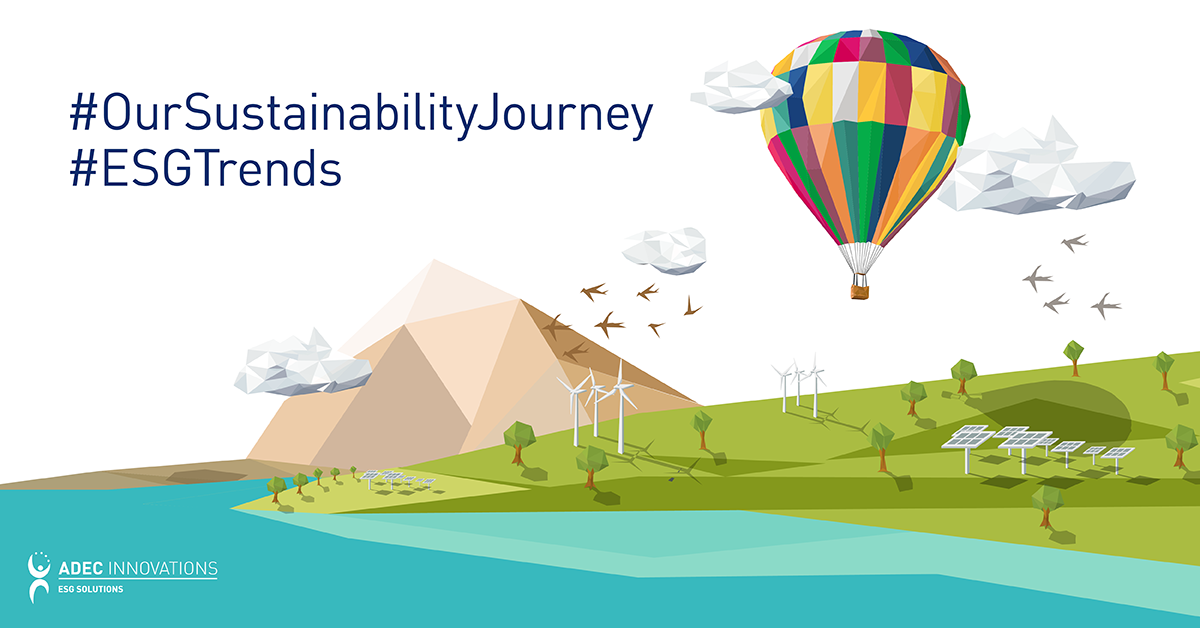 Climate change seems to be on many agendas including developed and developing countries; business organizations and local communities. While one of the obvious approaches to address climate change is to limit the consumption of fossil fuels, this is not enough by itself.Green technologies play an important part in reducing greenhouse gas emissions and helping organizations and communities adapt to the impacts of climate change, oftentimes supporting and enhancing sustainability efforts that are already in place. There are positive indications that the global community continues to transition to green technologies and investments in renewable energy have gone up significantly, with 2014 seeing $270 billion in investments worldwide.
Climate change seems to be on many agendas including developed and developing countries; business organizations and local communities. While one of the obvious approaches to address climate change is to limit the consumption of fossil fuels, this is not enough by itself.Green technologies play an important part in reducing greenhouse gas emissions and helping organizations and communities adapt to the impacts of climate change, oftentimes supporting and enhancing sustainability efforts that are already in place. There are positive indications that the global community continues to transition to green technologies and investments in renewable energy have gone up significantly, with 2014 seeing $270 billion in investments worldwide.In the global marketplace, green technology is critical to sustainable development. Organizations view technology as an effective tool in aligning business objectives with sustainability goals. Companies such as H&M and Puma, inspired by the circular economy model, have teamed up to utilize textile-to-textile recycling technology as part of their business strategy to integrate sustainable practices into corporate operations. By reusing and repurposing old or unused products, companies are, simply put, more sustainable.
Global businesses are not the only ones adapting green technologies for their long-term strategies. Many  local governments are developing innovative projects that will address issues related to climate change. The Smart City Project of New Delhi plans to install solar panels on top of school buildings and homes. Officials estimate that the project will be able to generate at least 1.7 MW of electricity from the panels installed in schools alone. Another example is GROW Holdings’ development of Quay Valley in California, which will be 100% self-sustaining with the use of solar power and its Hyperloop, an advanced transportation network that aims to reduce the need for pollution-causing transportation. With over 50,000 homes planned for this community, the town is a pioneer for future sustainable cities.
local governments are developing innovative projects that will address issues related to climate change. The Smart City Project of New Delhi plans to install solar panels on top of school buildings and homes. Officials estimate that the project will be able to generate at least 1.7 MW of electricity from the panels installed in schools alone. Another example is GROW Holdings’ development of Quay Valley in California, which will be 100% self-sustaining with the use of solar power and its Hyperloop, an advanced transportation network that aims to reduce the need for pollution-causing transportation. With over 50,000 homes planned for this community, the town is a pioneer for future sustainable cities.
As the world gets greener, leaders are embracing the challenge to discover new innovations that will further the advancement of sustainable technology. Government and business leaders have taken up a variety of methods to integrate sustainable technology into their operations. One popular strategy is to partner with third-party firms to ensure that the technology fits with the organization’s existing strategies. Another method is to create a technological solution to complement an organization’s existing sustainability initiatives. Either way, the transition towards green technologies demands that organizational strategies be data-driven.
The environmental impacts of current operations need to be accurately measured, with those measurements leading to actionable insights that will drive new operations, which will again need to be measured to validate progress in efficiencies. Software solutions are especially valuable in data monitoring, managing and reporting, ensuring that sustainability initiatives are supported by accurate and reliable data. If your organization hasn’t considered software solutions as the foundation of your overall environmental and sustainability efforts, there are a number of firms, including Verdantix, who are verse in what’s available.
 FirstCarbon Solutions (FCS) helps organizations recognize business drivers for sustainability practices and offers cost-effective sustainability management solutions. FCS provides guidance on industry best practices and can help you with your sustainability programs. For more information on other sustainability solutions, read this article from our monthly newsletter, GreenWatch.
FirstCarbon Solutions (FCS) helps organizations recognize business drivers for sustainability practices and offers cost-effective sustainability management solutions. FCS provides guidance on industry best practices and can help you with your sustainability programs. For more information on other sustainability solutions, read this article from our monthly newsletter, GreenWatch.





